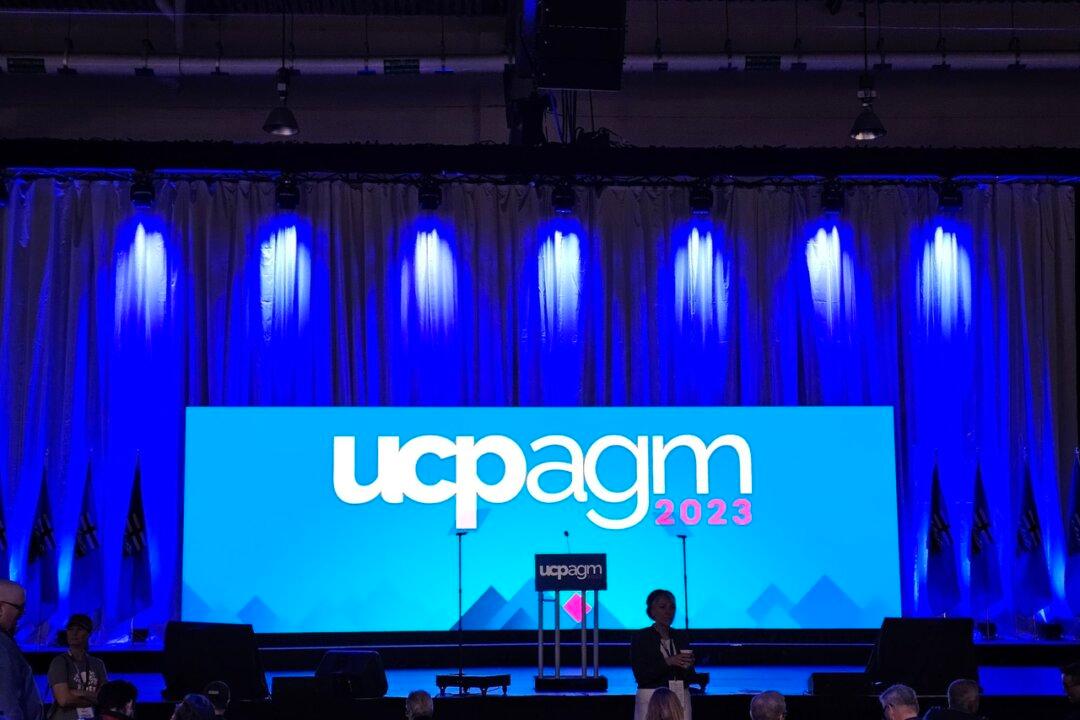Strengthening parental rights, moving away from diversity strategies, and protecting the province from federal overreach are among the issues the governing United Conservative Party of Alberta will debate at its annual general meeting next month.
Party members and stakeholders will discuss 35 policy resolutions at the meeting in Red Deer, Alta., set for Nov. 1 and Nov. 2. While passed resolutions are not mandatory for party adoption, they represent grassroots priorities and can shape the party’s future direction.





